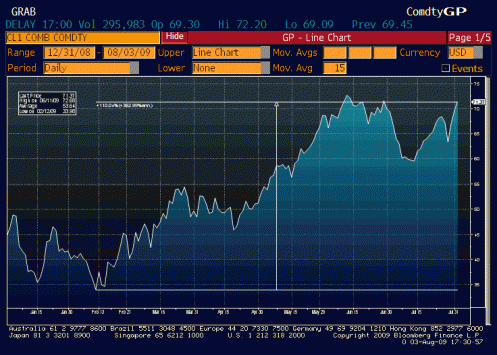
Egypt’s oil minister Osama Kamal has dismissed the head of state-owned Misr Petroleum and another top official due to a crisis in distributing fuel used by buses and trucks, state news agency MENA said.
Price movements as large and rapid as those that have upended oil markets since June 2014 are sure to cause pain to some and benefit others. Though the pain tends to capture the most attention, the benefit is just as important – if not more so. The 70% drop in the price of a barrel of crude represents a colossal transfer of $3 trillion in annual income from oil producers to oil consumers.
As a result, while sliding equity markets and a further decline in oil prices have sparked much talk of another global recession, dire predictions are likely to prove overly gloomy and misdirected. To be sure, the dramatic drop in the price of oil will produce winners and losers. But the biggest dangers will be political, not economic.
The shift in fortunes can perhaps best be seen on the boarding passes of International Monetary Fund officials. Rather than going to Athens, they are now heading for Baku. Indeed, Central Asia’s oil-producing dictatorships, including Azerbaijan, have been among the countries hardest hit by the drop in prices – especially because, as ex-Soviet states, they remain heavily dependent on trade with Russia, another oil producer.
The biggest beneficiaries of the price slump will be the highly indebted, oil-importing countries of the eurozone: Greece, Italy, and Spain (Germany, too, is likely to benefit). Their export markets in emerging economies will suffer, damping hopes of a trade-led recovery, but that negative effect stands to be more than offset by the windfall from a big drop in energy costs. Growth in the eurozone will be based on the resulting increase in domestic demand, rather than exports.
The United States and the United Kingdom are simultaneously energy producers and importers, so the impact on their economics is likely to be more complicated. In 2013 and 2014, energy firms dominated business investment, and cutbacks in the sector will translate into lost jobs and dropping demand for the manufacturers and service companies supplying the industry.
On the other hand, consumer spending in both countries stands to rise. While US consumers have so far saved a large proportion of the windfall they have received through cheaper gasoline prices, the gains for households are starting to translate into higher levels of spending.



































